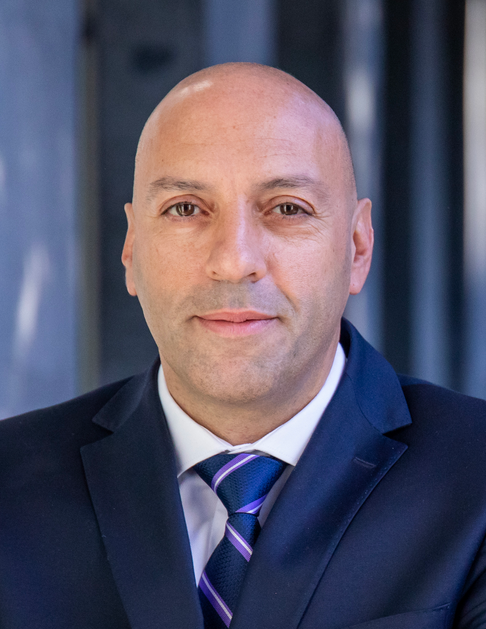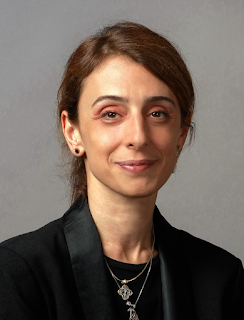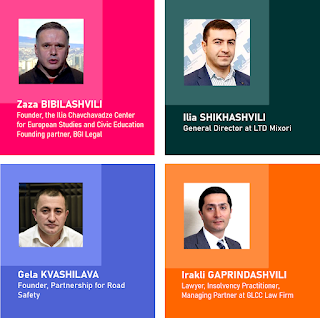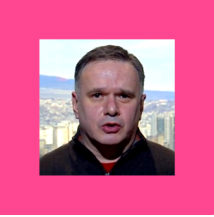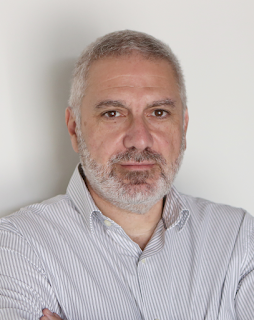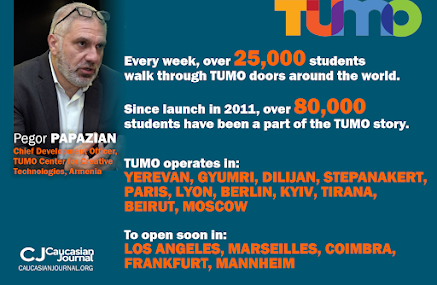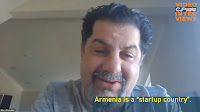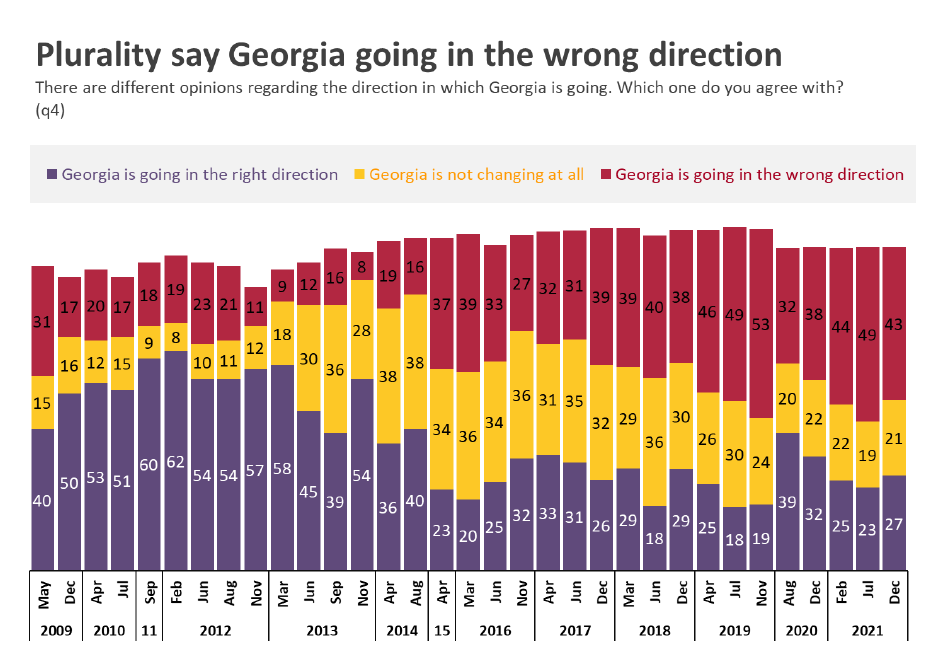|
|
ISSN 2667-9833
|
Caucasian Journal is now with video. |
Monsignor José Avelino BETTENCOURT: "We share two millennia of friendship"
Dr. Ghassan KHALIL: "Government, private sector and civil society should join efforts to prioritize children"
▶ ქართულად: Read the Georgian version here.
Study in Sweden: Fully funded scholarship for South Caucasus applicants
All expenses of the scholarship including tuition fees, tickets, stipend, medical insurance will be covered by the Swedish Government. The complete details and application requirements for the SI Scholarships 2023 are available at official site.
Vladimer SVANADZE: "Protection of critical infrastructure suffers from severe shortage of skilled specialists"
Video: Watch our international "Nordic Talk" on waste management
▶ Հայերեն: Video subtitled in Armenian is here.
▶ ქართულად: Video subtitled in Georgian is here.
Tinatin BREGVADZE: "We have to diligently work to build the political culture in this country"
Alexander KAFFKA, editor-in-chief of CJ: Dear Tinatin, you are very welcome to Caucasian Journal! May I start by asking you to briefly introduce the Georgian Center for Strategy and Development? How did you get into working there?
Caucasian Journal to host the Nordic Talk on waste management
Vision 2032: The South Caucasus in 10 years
Ambassador Hubert KNIRSCH: "Georgians are a brilliant color on the European palette"
Alexander KAFFKA, editor-in-chief of CJ: Your Excellency, welcome to Caucasian Journal. We know that your diplomatic service term in Georgia is about to finish, but sometimes the journalists believe such moments are even better for an interview. Your time in Georgia coincided with some turbulent developments both in Georgia and internationally. From a personal standpoint, have you enjoyed working in the middle of such turbulence, or would you prefer a stable and more predictable diplomatic routine?
Swarovski Foundation's grants program welcomes applications from creatives in art, design, engineering
▶ Հայերեն: This content is also available in Armenian here.
Pegor PAPAZIAN: "Our super goal is to invent the future of learning"
International art life in Georgia: Russian Alexander FLORENSKY curates Ukrainian Anastasiia PTASHYTS at Tbilisi's Licht Gallery founded by Israeli-Swiss couple
Alexander KAFFKA, editor-in-chief of CJ: My first question is to Anastasiia Ptashyts. You have been working in Georgia for a month, away from Ukraine - what is your state of mind now? Which color (or image) is it, if I may ask?
Ekaterine METREVELI: "The war that Ukraine is fighting is our war as well"
Alexander KAFFKA, editor-in-chief of CJ: Dear Ekaterine, welcome to Caucasian Journal. Thank you for attention to our readers. Many of them are professionals in international relations, and would be especially interested in this interview. There are quite many foreign policy questions on today’s agenda, but let me start by asking to briefly introduce your Foundation, and how did you get involved in it?
Ekaterine METREVELI: Georgian Foundation for Strategic and International Studies is a Tbilisi-based foreign policy think tank, established back in 2001. We aim to improve decision-making practices, contribute to better national security policies, promote European and Euro-Atlantic integration and enhance regional cooperation. I joined the Foundation in 2002, after returning from the US, where I was a Muskie fellow at the University of Pittsburgh. I met Dr. Alexander Rondeli and Temur Yakobashvili, co-founders of the GFSIS, accidentally at one of the receptions and they have invited me to visit their office at Niko Nikoladze 7. I went on the second day and stayed for now already 20 years. Our office at that time was a small, three-room apartment where we’ve started one of GFSIS flagship programs in National Security in cooperation with the Rand Corporation supported by the US State Department. It was a very warm, friendly, family type atmosphere, which we hope to have maintained until today, with a steady growth of the foundation. What we are really proud of is that GFSIS houses people with different political views and this does not prevent us to coexist and contribute to the common goal that is Georgian state anchored in European and Euro-Atlantic space.
Rev LEBAREDIAN: "Armenia is a startup country"
Siim SIKKUT: "More e-Residents are joining than our babies are born in the country" (read or watch video)
Siim SIKKUT: "More e-Residents are joining than our babies are born in the country"
In Memoriam of Zurab Katchkatchishvili
Tarmo JÜRISTO, founder of SALK: “Estonia is a lottery winner” (video)
Piret HIRV: "My everyday task is to create new opportunities for innovations in health and care sector"
What are the healthcare startups about, and how can they help us? How should the state assist them? Estonia is now one of the most digitally advanced nations and world’s leaders in successful startups per capita, so we have invited Ms. Piret HIRV, Head of Health Technology Division and Manager of Connected Health Cluster at Tallinn’s Tehnopol Science Park, to provide her answers and comments.
▶ ქართულად: Read the Georgian version here.
▶ Հայերեն: Read the Armenian version here.Neli ODISHVILI: "There is a bit of cyberspace in all of us... Discover it with Israel-Georgia School of Digital Culture!"
Video: Kristina MÄND and Kristina REINSALU from e-Governance Academy discuss e-democracy
Video: Watch the first Georgian "Nordic Talk" on clean energy education
▶ ქართულად: Read the Georgian version here.
Our discussion focusing on clean energy education was entitled "How to make maximum of Nordic clean energy knowledge? Case of Norway and Georgia – two “hydropower nations”.





